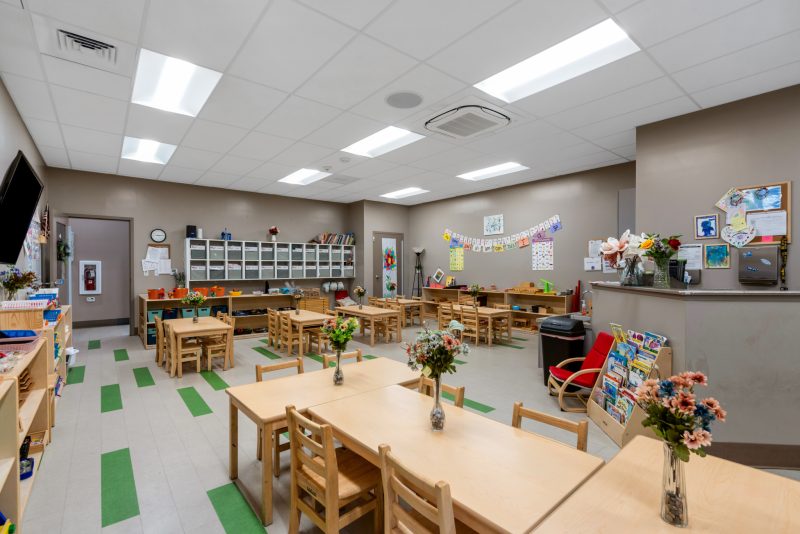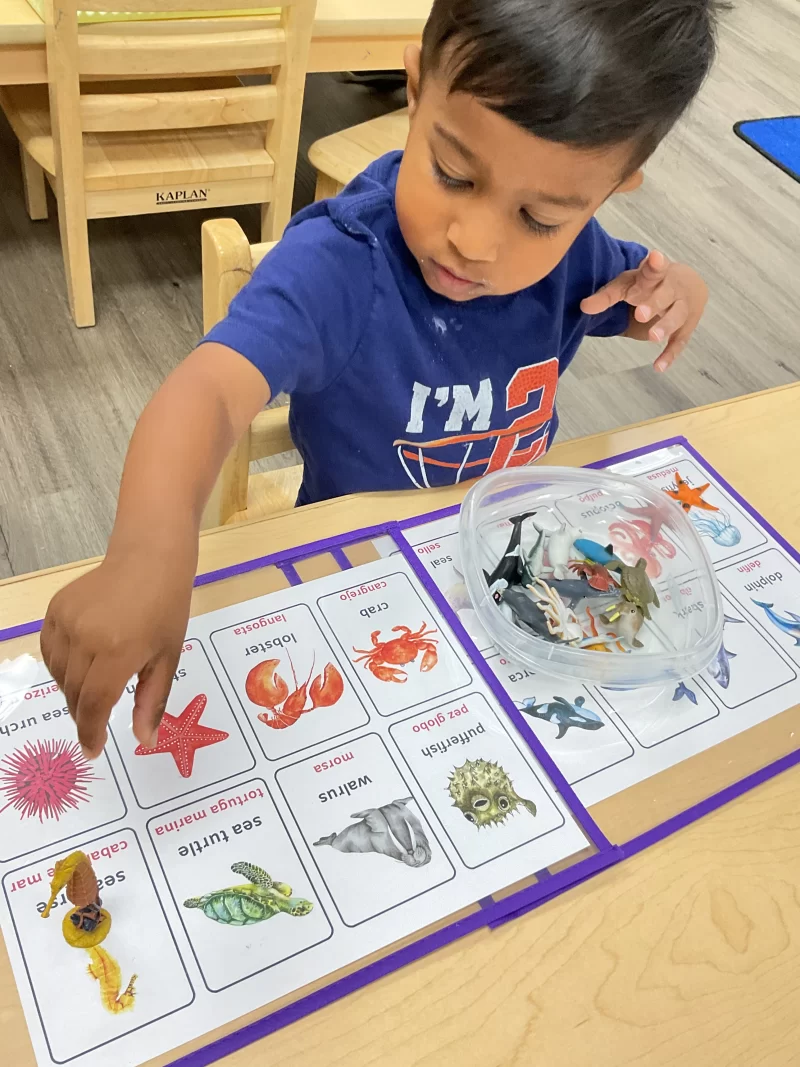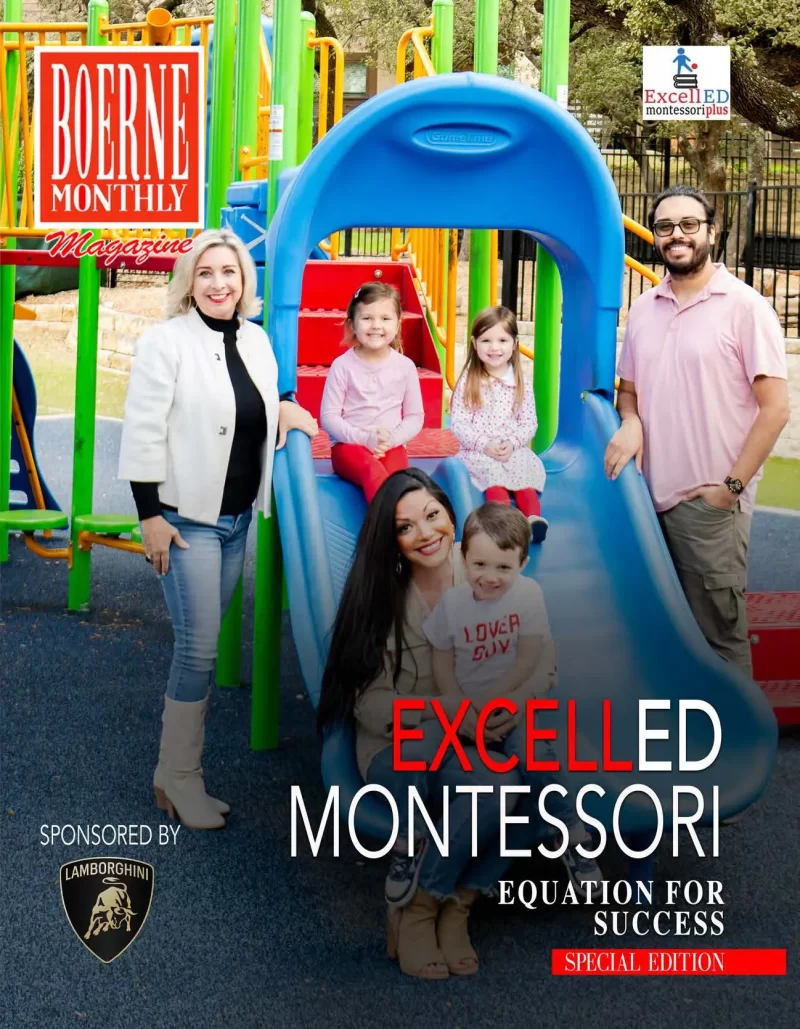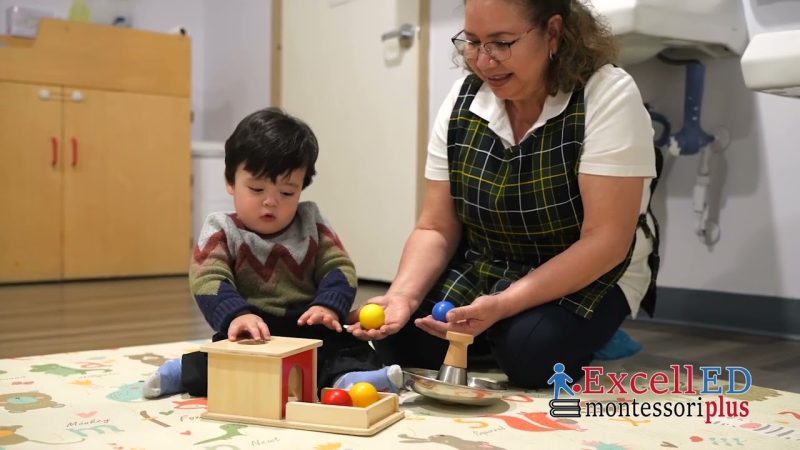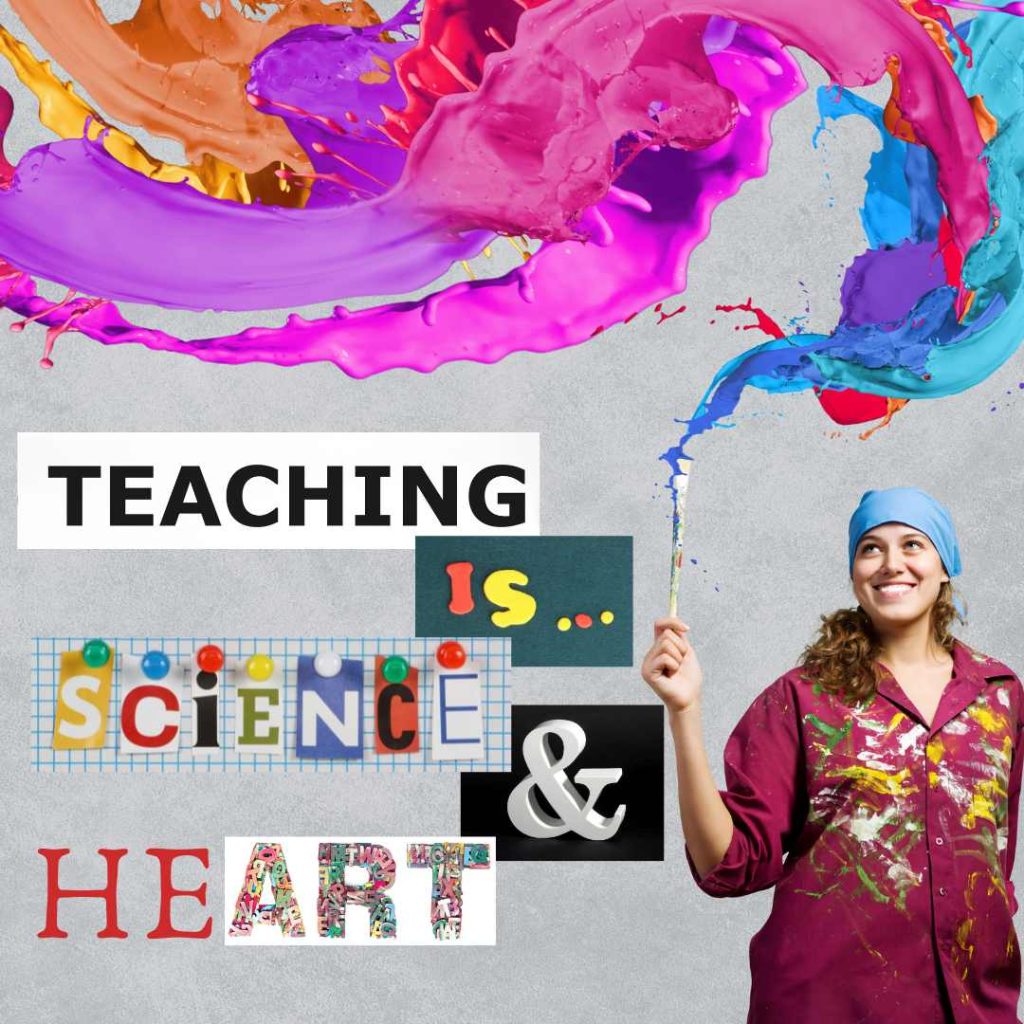
Teaching is often called both a science and an art. This is because it combines technical knowledge with creativity. The idea that ‘teaching is a science and heart’ highlights the importance of empathy and emotional intelligence in teaching. Effective teaching really shines when teachers can connect personally with their students. This connection helps create a safe, supportive space for students to grow and succeed.
Montessori teaching beautifully blends the heart and science of education. It respects each child as an individual and believes in their natural ability to learn. At the same time, Montessori Daycare methods are based on a century of research and scientific studies.
The Science of Teaching
Teaching is a science that requires a wide range of skills and knowledge. Effective teachers deeply understand their subjects and are well-versed in educational theories and strategies. They are skilled at evaluating student performance, using data to guide their teaching, and adjusting their methods to fit different student needs.
Good teaching also needs careful planning. Teachers must set clear learning goals, design engaging lessons, and develop tools to check student progress.
Technology is becoming more and more vital in education. Teachers need to know how to use various digital tools like learning management systems, educational apps, and online resources. It’s important that they can blend technology into their teaching to keep students engaged and make learning more interactive.
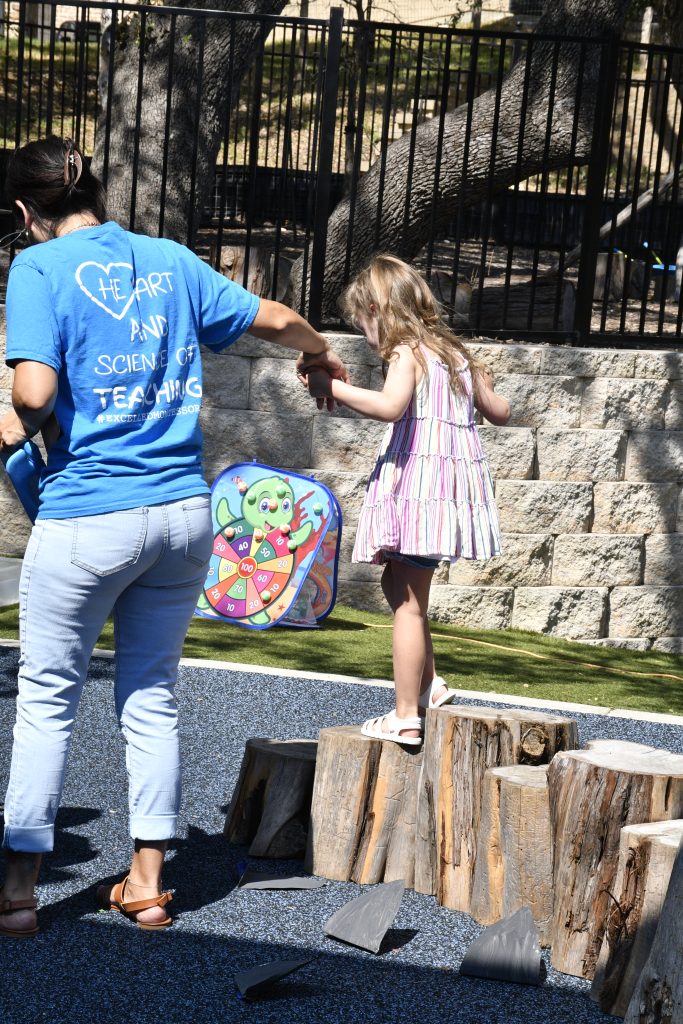
Montessori teaching is grounded in a wealth of research and scientific principles. Maria Montessori, the founder of the Montessori method, was a medical doctor who studied child development extensively. Her research and observations led to the development of a unique approach to education that is based on the following scientific principles:
- Prepared Environment: Montessori classrooms are carefully prepared to meet the developmental needs of each child. The classroom environment is designed to promote exploration, discovery, and learning.
- Self-Directed Learning: Montessori teaching encourages children to learn at their own pace, following their natural curiosity and interests. The teacher serves as a guide, providing support and guidance as needed.
- Multi-Age Grouping: Montessori classrooms are designed to include children of different ages, allowing younger children to learn from older children and older children to develop leadership skills.
- Hands-on Learning: Montessori teaching emphasizes the importance of hands-on learning and exploration. Children are encouraged to use their senses and engage with materials to develop their understanding of the world.
- Individualized Instruction: Montessori teaching is tailored to the needs of each child. The teacher observes each child’s learning style and interests and provides individualized instruction to support their growth and development.
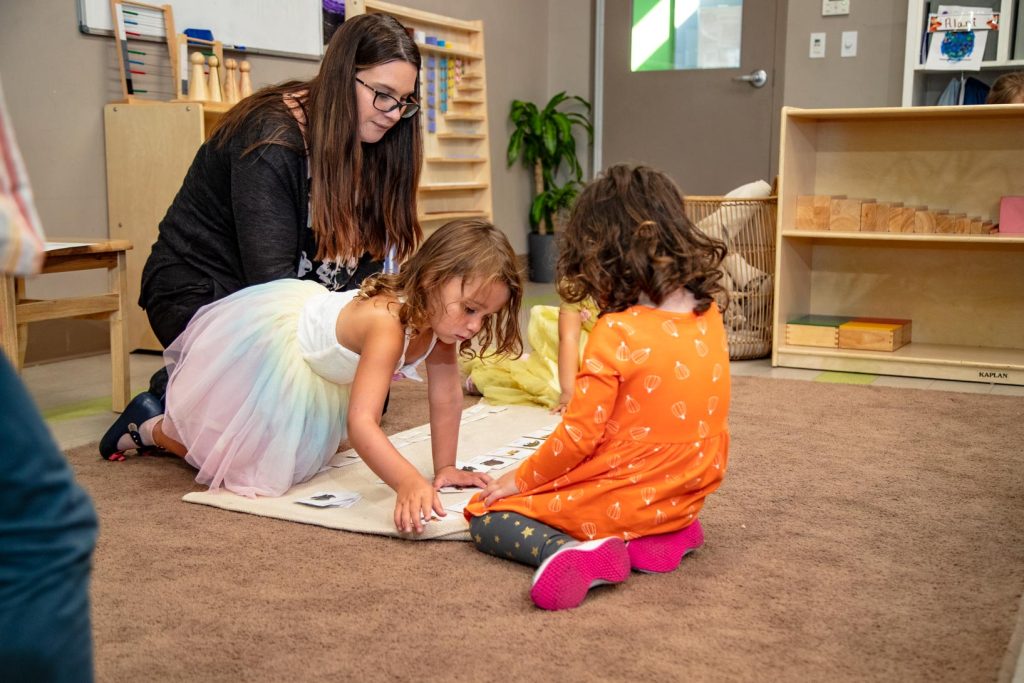
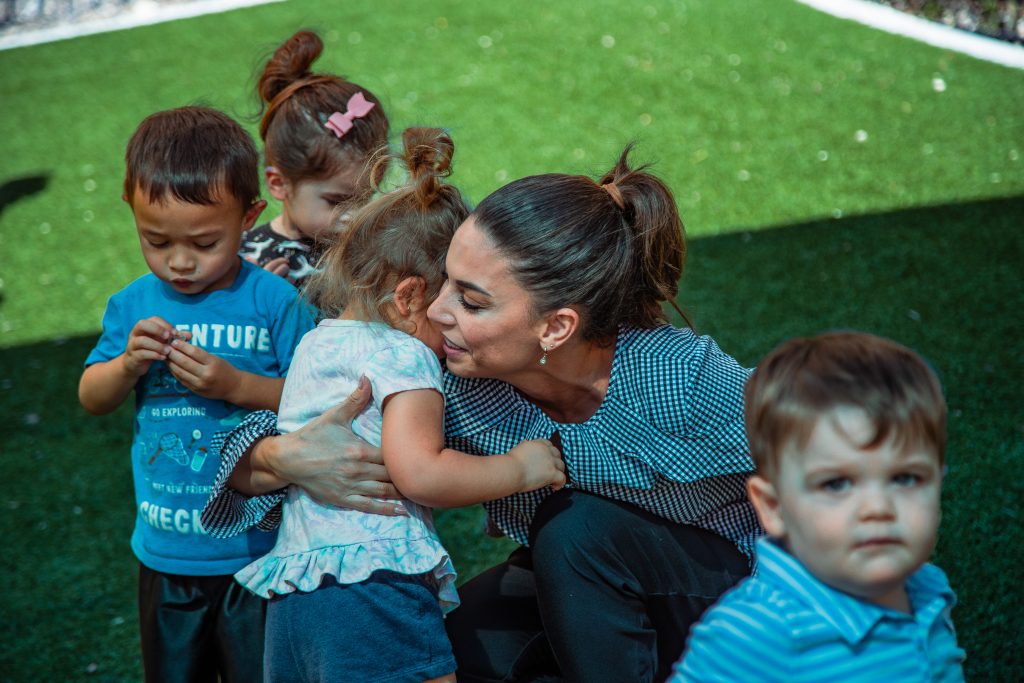
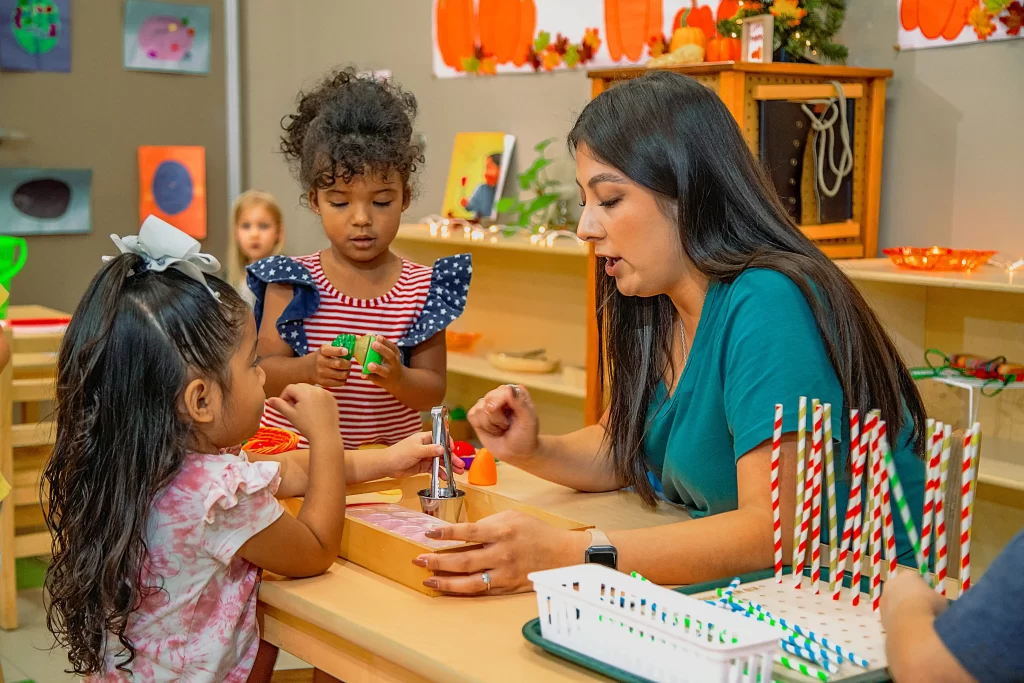
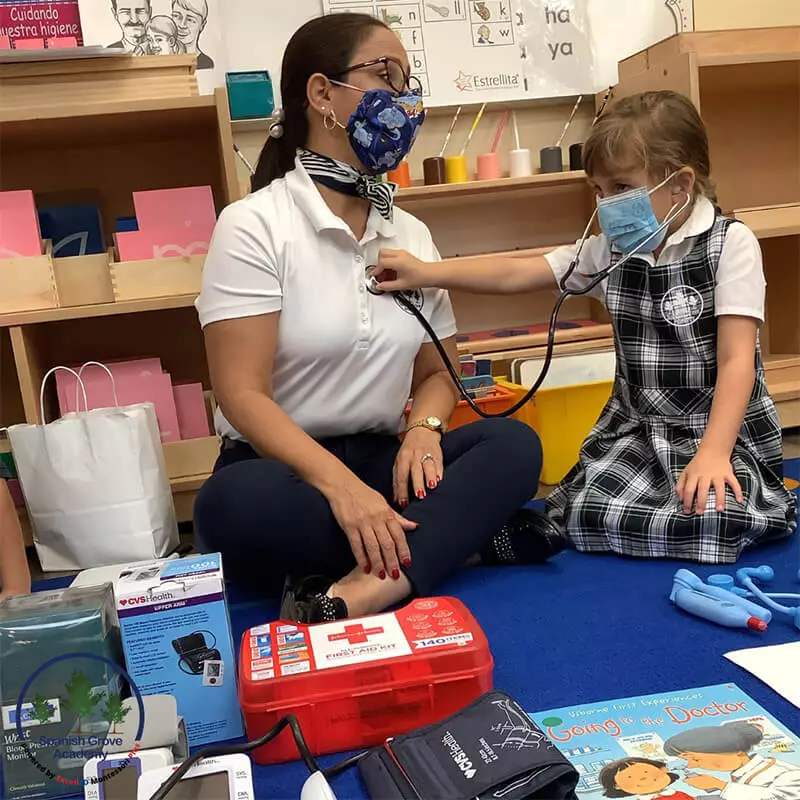
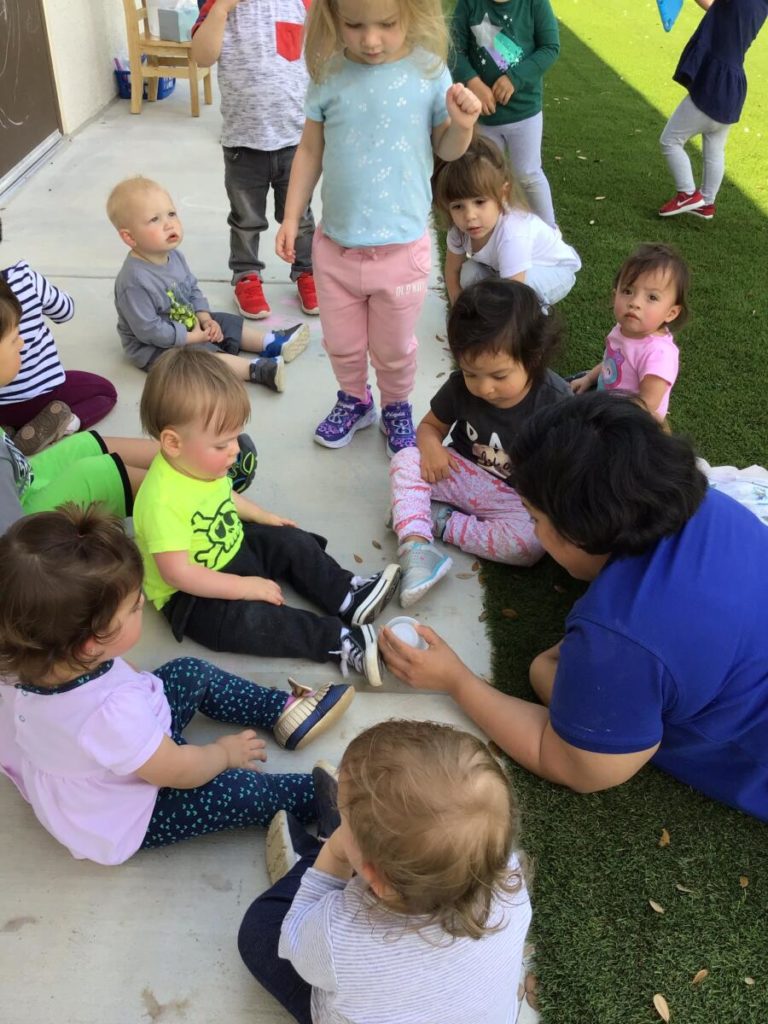
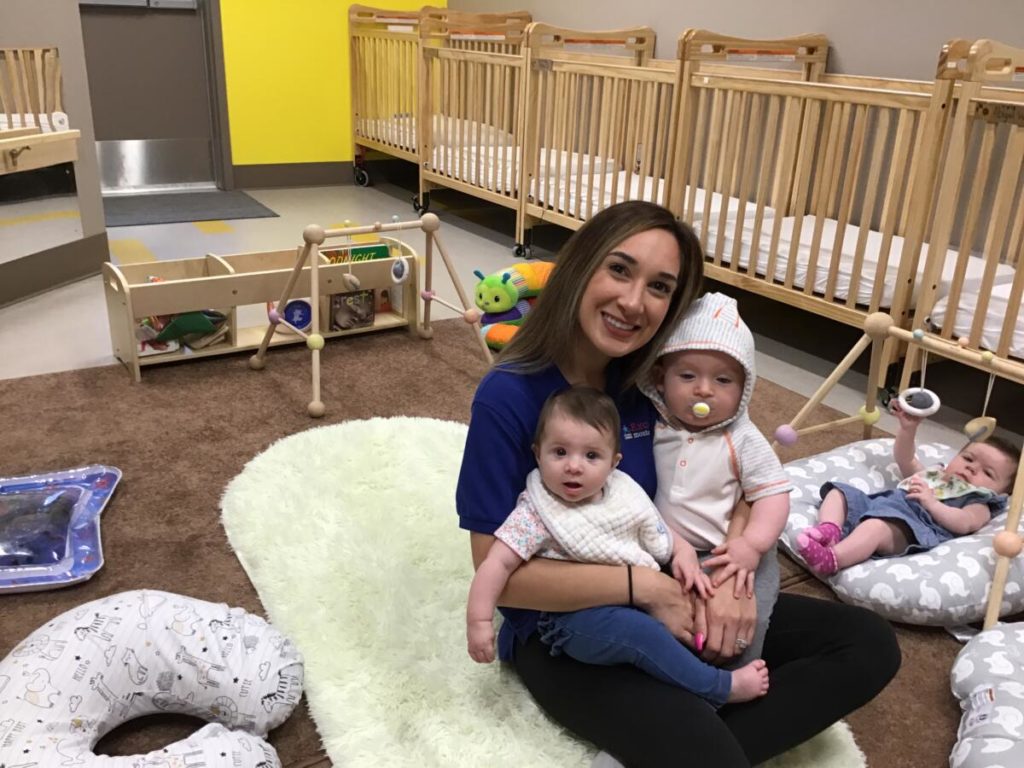
The Heart of Teaching
Teaching is also an art in that it requires empathy, creativity, and emotional intelligence. Effective teachers can connect with their students personally, building positive relationships based on mutual respect and trust.
The heart of teaching involves understanding students’ unique needs, interests, and learning styles. Teachers must be able to adapt their instruction to meet the diverse needs of their students, providing support and guidance as needed.
Creating a safe and supportive classroom environment is essential for effective teaching. Teachers must be able to create a sense of community and belonging, fostering a culture of respect, kindness, and inclusion.
Effective teaching also involves inspiring and motivating students to learn. Teachers must be able to create engaging and meaningful learning experiences that capture students’ attention and spark their curiosity.
The heart is essential for preschool teaching because young children are highly sensitive to the emotional environment in which they learn and grow. Preschool teachers who are warm, nurturing, and compassionate create a safe and supportive learning environment that fosters growth, development, and success.
Here are some reasons why the heart is essential for preschool teaching:
- Emotional regulation: Preschool children are still learning to regulate their emotions, and they often need support and guidance to do so. Empathetic and emotionally attuned teachers can help children learn to manage their feelings in healthy and constructive ways.
- Positive relationships: Preschool children thrive in positive relationships with adults and peers. Warm, nurturing, and responsive teachers can create strong connections with children, promoting feelings of security and well-being.
- Sense of belonging: Preschool children need to feel a sense of belonging in their classroom community. Teachers who create a welcoming and inclusive environment can help children feel valued, respected, and supported.
- Social and emotional learning: Preschool children need opportunities to learn and practice social and emotional skills. Teachers who model and teach these skills, such as empathy, communication, and problem-solving, can help children develop the skills they need to succeed in school and in life.
- Academic readiness: Preschool children who feel safe and supported are more likely to be ready to learn academic skills. Teachers who create a positive emotional climate can help children develop a love of learning and a curiosity about the world.
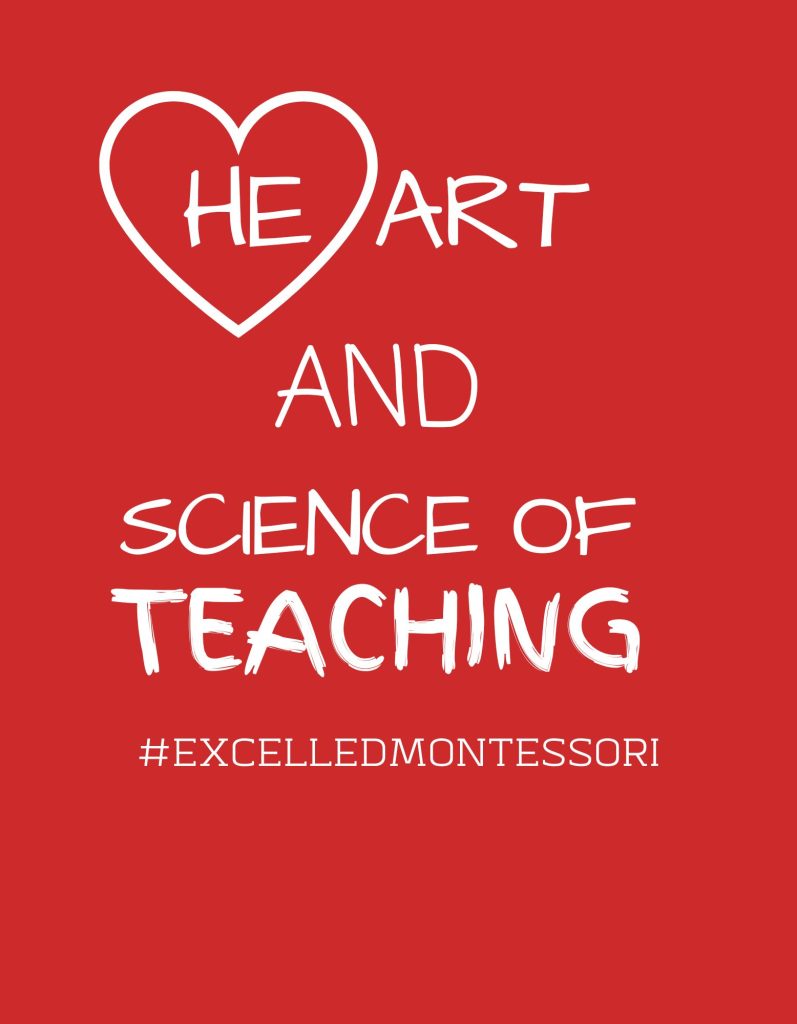
The Intersection of Heart and Science
The essence of effective teaching lies at the intersection of heart and science. Teachers who can combine technical expertise with empathy and emotional intelligence are best equipped to help their students succeed.
Effective teaching requires a balance between the art and science of teaching. Teachers who combine a deep understanding of their subject matter with a genuine passion for teaching and a commitment to their students’ success are most likely to positively impact their students’ lives.
In conclusion, the heart and science of teaching are both essential for effective instruction. Teachers who are able to combine technical expertise with empathy, creativity, and emotional intelligence are best equipped to create meaningful learning experiences that inspire and motivate their students.
Subscribe to Newsletter
Programs offered at ExcellED Montessori Plus include:
✔️Infants (10 Weeks – 18 Months)
✔️Toddlers (18 – 36 Months)
✔️Primary (3-6 Years)
✔️Kindergarten
✔️Mother’s Day Out
✔️Spanish Immersion / Dual Language
✔️After School Programs and Summer Camp (6 – 12 Years)
Music, Spanish, and Yoga are other programs included as part of the tuition.
Learn more about Inquiry-based Learning


